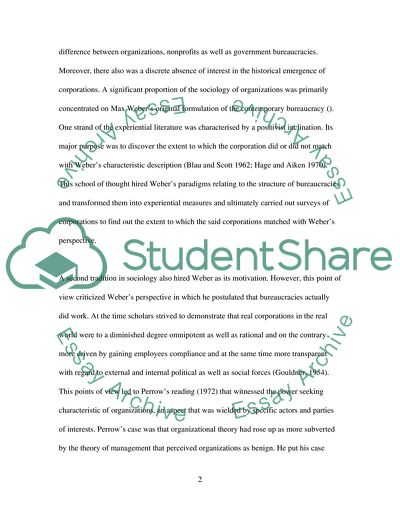Cite this document
(“Alfred Chandlers Assessment of the Managerial Capitalism Literature review”, n.d.)
Alfred Chandlers Assessment of the Managerial Capitalism Literature review. Retrieved from https://studentshare.org/macro-microeconomics/1734005-to-what-extent-do-you-accept-chandlers-claim-that-his-model-of-the-integrated-managerial-enterprise-uncovers-the-long-term-success-of-leading-economies-can-this-organizational-form-be-applied-across-varied-national-circumstances
Alfred Chandlers Assessment of the Managerial Capitalism Literature review. Retrieved from https://studentshare.org/macro-microeconomics/1734005-to-what-extent-do-you-accept-chandlers-claim-that-his-model-of-the-integrated-managerial-enterprise-uncovers-the-long-term-success-of-leading-economies-can-this-organizational-form-be-applied-across-varied-national-circumstances
(Alfred Chandlers Assessment of the Managerial Capitalism Literature Review)
Alfred Chandlers Assessment of the Managerial Capitalism Literature Review. https://studentshare.org/macro-microeconomics/1734005-to-what-extent-do-you-accept-chandlers-claim-that-his-model-of-the-integrated-managerial-enterprise-uncovers-the-long-term-success-of-leading-economies-can-this-organizational-form-be-applied-across-varied-national-circumstances.
Alfred Chandlers Assessment of the Managerial Capitalism Literature Review. https://studentshare.org/macro-microeconomics/1734005-to-what-extent-do-you-accept-chandlers-claim-that-his-model-of-the-integrated-managerial-enterprise-uncovers-the-long-term-success-of-leading-economies-can-this-organizational-form-be-applied-across-varied-national-circumstances.
“Alfred Chandlers Assessment of the Managerial Capitalism Literature Review”, n.d. https://studentshare.org/macro-microeconomics/1734005-to-what-extent-do-you-accept-chandlers-claim-that-his-model-of-the-integrated-managerial-enterprise-uncovers-the-long-term-success-of-leading-economies-can-this-organizational-form-be-applied-across-varied-national-circumstances.


